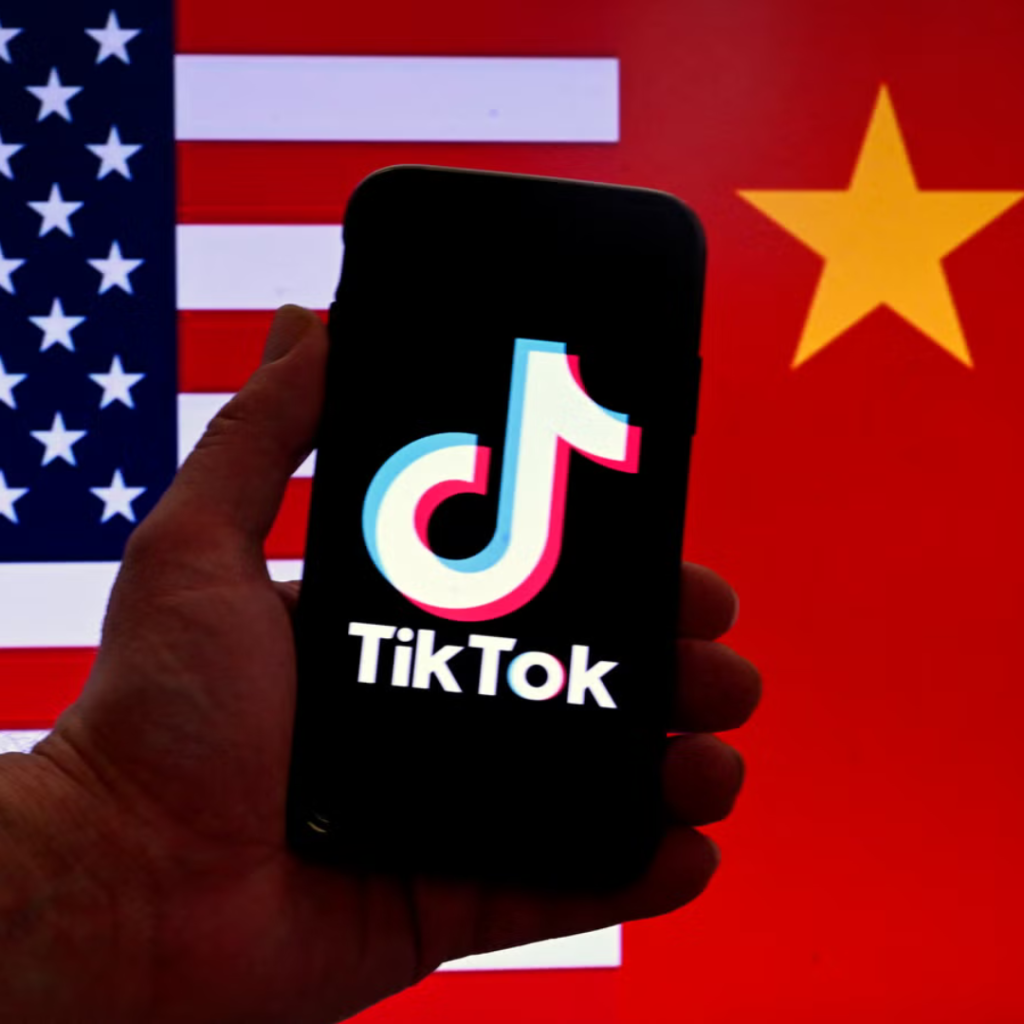Information
TikTok has petitioned the US Supreme Court to block a federal law that requires its Chinese parent company, ByteDance, to sell the platform or face a ban, arguing it violates the First Amendment rights of its 170 million American users. The law, signed by President Joe Biden in April, is set to take effect on January 19 and aims to address national security concerns related to TikTok’s ties to China and access to US user data. While TikTok denies sharing data with Chinese officials, the U.S. Justice Department maintains the platform poses a significant security risk. TikTok previously appealed the law to a federal court, but the court rejected its arguments, prompting the company to escalate the case to the Supreme Court.
In an unexpected twist, Donald Trump, who attempted to ban TikTok during his first term, expressed newfound support for the app, citing its role in connecting him with younger voters. Trump remarked that he now has a “warm spot” for TikTok, signalling a shift in his stance as he prepares for his presidential term. TikTok CEO Shou Zi Chew recently met with Trump in Florida, further highlighting the platform’s strategic importance in US politics and its fight to remain operational in one of its largest markets.
Source: AP, AFP, Reuters, dpa
So what
This situation is quite complex, and I find it fascinating, especially since I am somewhat involved in the world of social media. I believe in the importance of freedom of information and feel that the government should not play a significant role in censoring information. Additionally, no country should permit a foreign state to control the information presented to its citizens, whether that be through social media, news media, radio, or television. This principle is particularly crucial in an era marked by disinformation, where new technologies like AI can be used to amplify certain messages. This capability allows hostile groups to overwhelm a target audience with a specific narrative.
Follow us to join the intelligence community!
For this story and more, check out “The Intel Brief” podcast on Spotify and Apple Podcasts!

